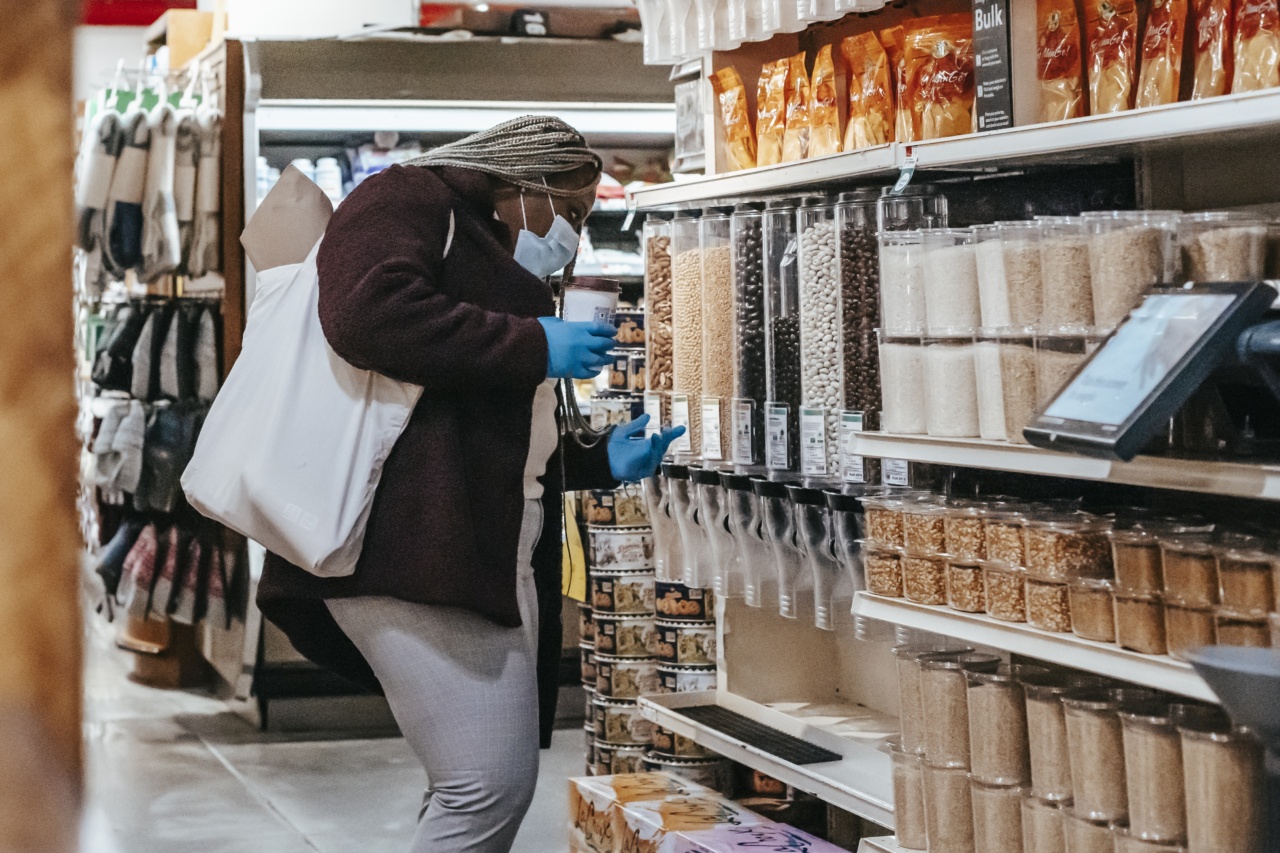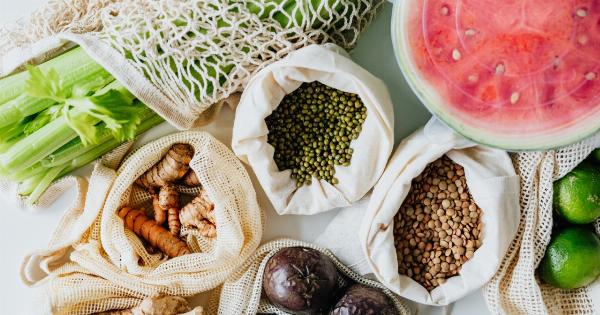Summertime is the perfect season for outdoor picnics, barbecues, and trips to the beach. While enjoying the beautiful weather and delicious food, it’s essential to prioritize food safety to prevent any nasty surprises, such as foodborne illnesses.
With a few simple precautions, you can ensure that your summer gatherings are not only enjoyable but also safe and healthy for everyone involved.
1. Clean and Wash Your Hands
Before handling any food, it’s crucial to wash your hands thoroughly. Use soap and warm water, scrubbing for at least 20 seconds, to remove any dirt, germs, or bacteria that you may have picked up.
Pay careful attention to your fingertips, under your nails, and between your fingers. Keep hand sanitizer or wet wipes handy for situations where soap and water are not readily available.
2. Keep Your Cooking Area Clean
Whether you’re planning to grill in your backyard or cook in an outdoor kitchen, ensuring cleanliness is essential. Start by cleaning the cooking area thoroughly before and after use.
Regularly wash cutting boards, utensils, and countertops with hot soapy water to eliminate any cross-contamination risks. Also, remember to clean your grill grates to remove any food residue and grease buildup.
3. Separate Raw and Cooked Foods
Raw meats, poultry, and seafood can potentially carry harmful bacteria, which is why it’s crucial to prevent any cross-contamination with other foods.
Ensure that raw items are stored separately from cooked or ready-to-eat foods to avoid bacteria transfer. Use separate cutting boards, plates, and utensils for raw proteins, and always wash them thoroughly before using them for cooked foods.
4. Marinate Safely
Marinating meat before grilling is a popular summer cooking technique. However, marinating can also pose some risks if not done properly. When marinating, always keep your food refrigerated.
If you plan to use some of the marinade as a sauce, save a portion separately before adding raw meat. Never reuse marinade that has come into contact with raw proteins unless you boil it first to kill any harmful bacteria.
5. Cook Food Thoroughly
One crucial step in preventing foodborne illnesses is ensuring that food is cooked to the proper internal temperature. Invest in a reliable food thermometer to accurately measure the temperature. Here are some general guidelines for meat and poultry:.
- Chicken and turkey: Cook to an internal temperature of 165°F (74°C).
- Steaks, roasts, and fish: Cook to an internal temperature of 145°F (63°C).
- Ground meats (beef, pork, lamb): Cook to an internal temperature of 160°F (71°C).
Remember that color alone is not a reliable indicator of doneness. By cooking foods thoroughly, you can kill any harmful bacteria that could potentially cause illness.
6. Practice Safe Food Storage
Storing food properly is crucial, especially during the hot summer months. When transporting food to a picnic or barbecue, use coolers or insulated bags to keep perishable items cold.
Pack food in ice or ice packs to maintain a temperature below 40°F (4°C). Once you arrive at your destination, promptly refrigerate perishable items.
If you’re hosting an outdoor gathering, try to keep your food shaded and away from direct sunlight. Avoid leaving food out for extended periods, as bacteria can multiply rapidly in warm temperatures.
Opt for smaller serving platters and replenish them as needed to ensure that the remaining food stays cool.
7. Stay Hydrated
While food safety is crucial, it’s also essential to stay hydrated during the summer months. Dehydration can lead to various health problems, so make sure to drink plenty of fluids throughout the day.
Water is the best choice to quench your thirst, but you can also enjoy other hydrating options like herbal teas, fruit-infused water, or natural fruit juices.
8. Be Mindful of Allergies and Dietary Restrictions
As a considerate host or guest, it is essential to be aware of any food allergies or dietary restrictions that your friends or family may have. Make sure to label all dishes and inform your guests in advance about the ingredients used.
Offering a variety of options can ensure that everyone finds something delicious and suitable for their dietary needs.
9. Pay Attention to Food Expiration Dates
Before using any food item, always check the expiration dates. During summer, it’s common to have plenty of food on hand due to frequent gatherings and barbecues. However, expired or spoiled food can lead to foodborne illnesses.
Regularly inspect your pantry, refrigerator, and freezer, and dispose of any items that have passed their expiration dates or show signs of spoilage.
10. Educate Yourself on Food Safety
Finally, one of the best ways to stay safe and healthy during the summer is to educate yourself on food safety practices.
Stay updated with the latest recommendations from reputable sources such as the Centers for Disease Control and Prevention (CDC) and the Food and Drug Administration (FDA). By staying informed, you can adopt and implement the best practices to keep you and your loved ones protected.





























